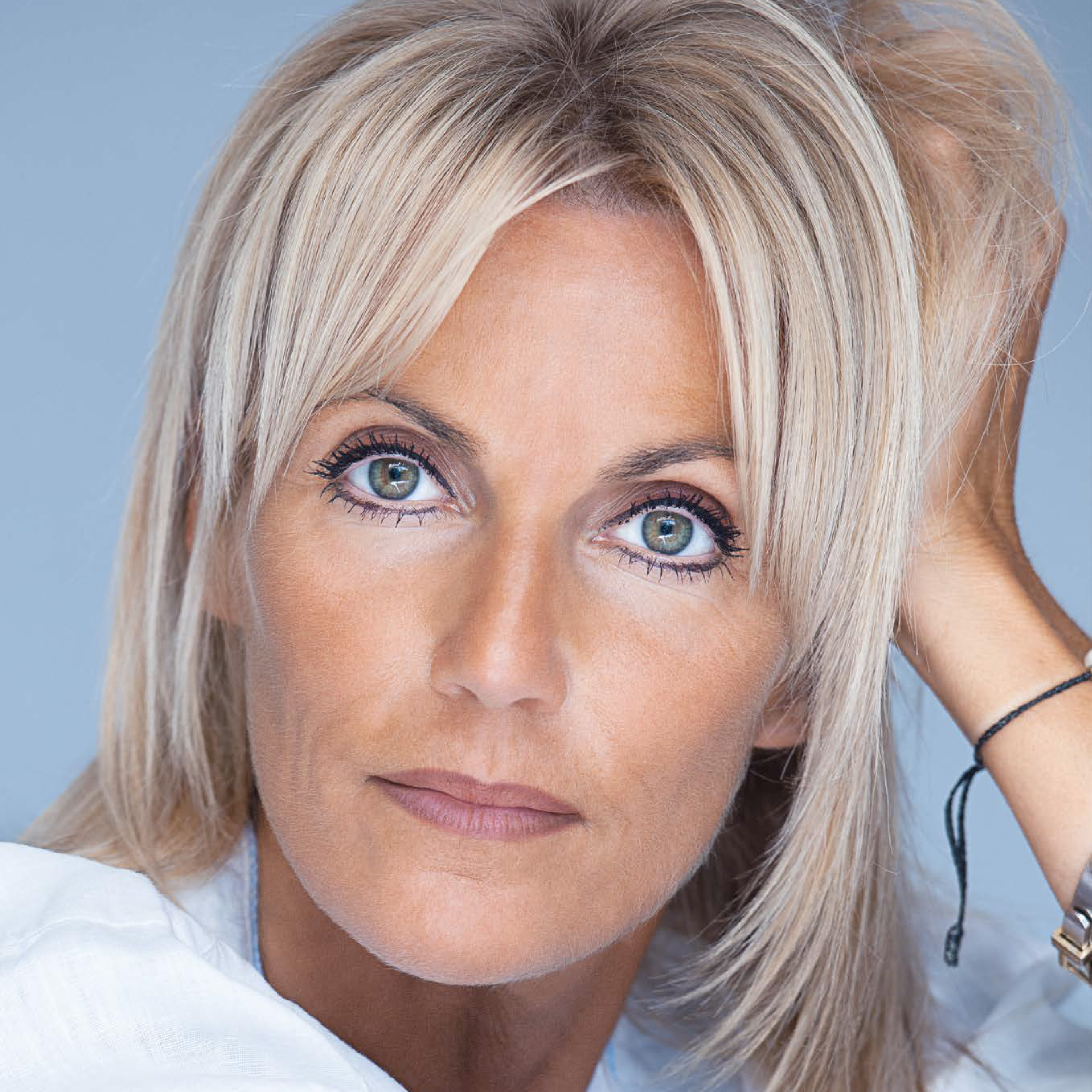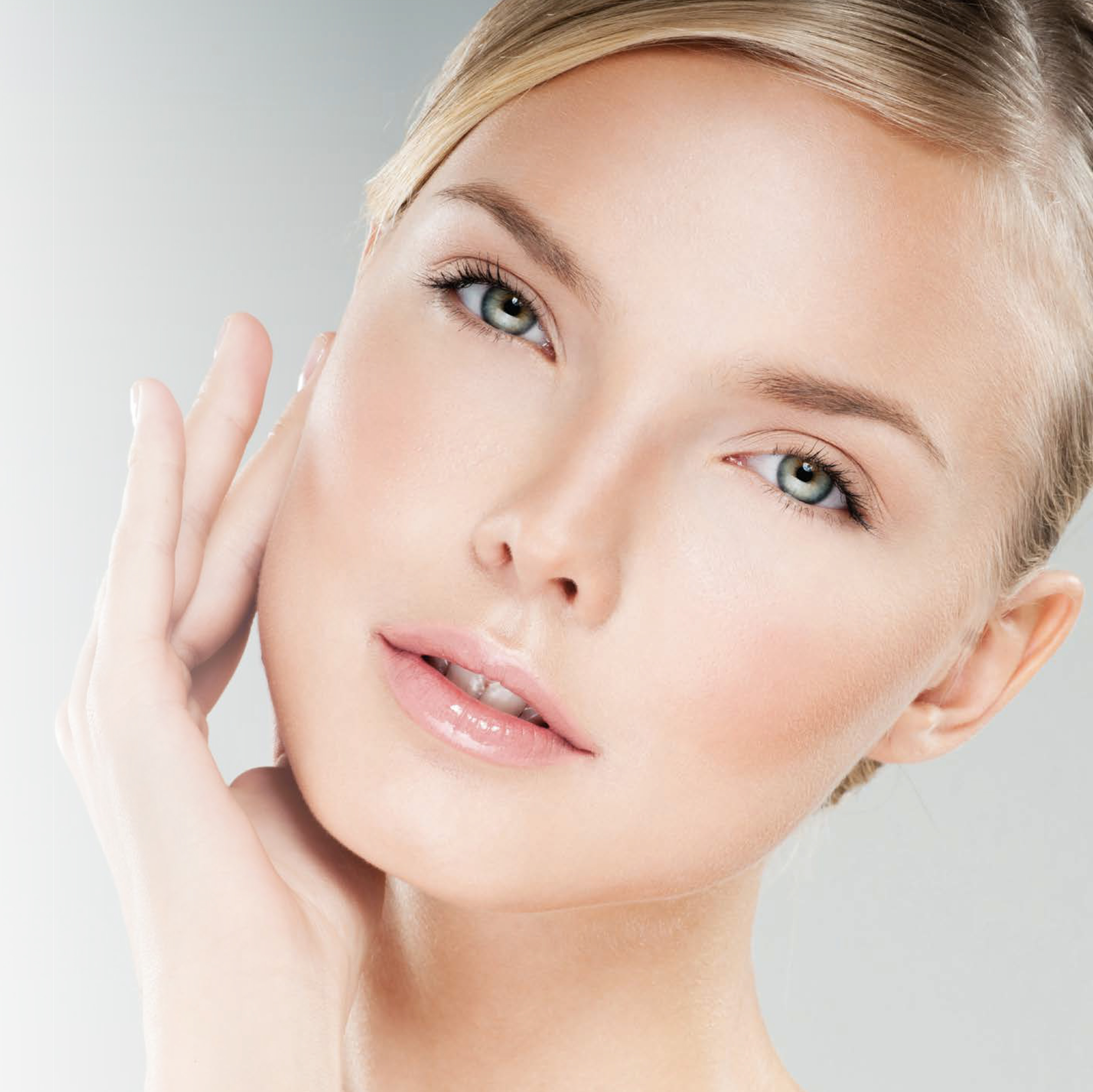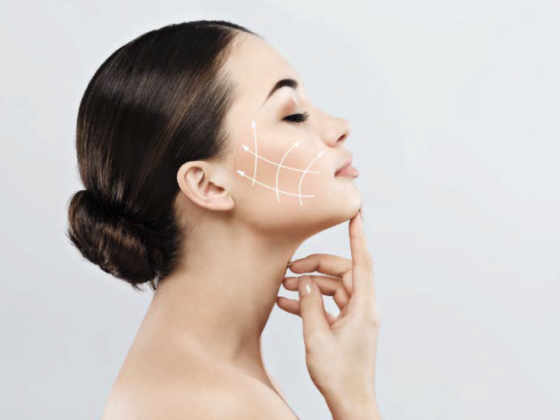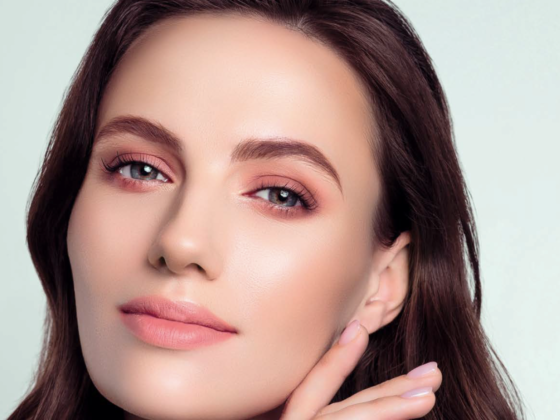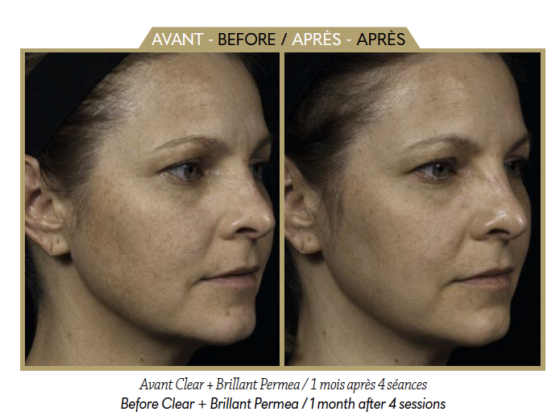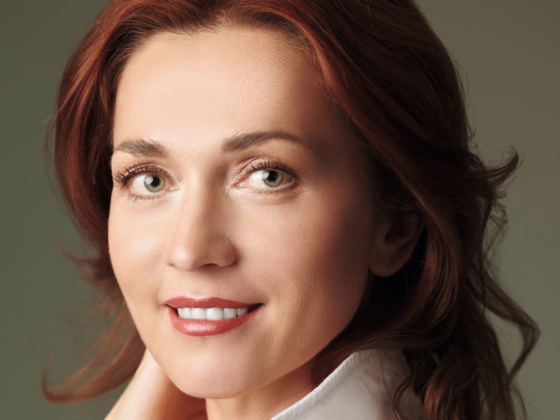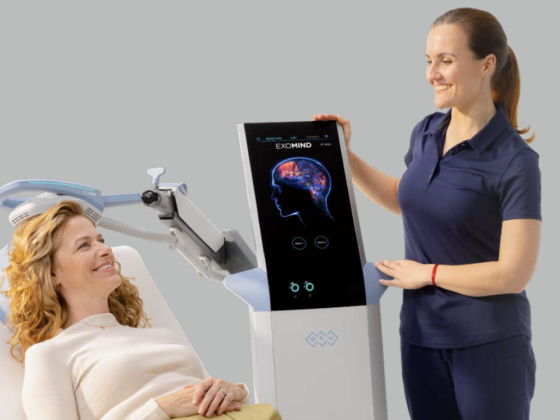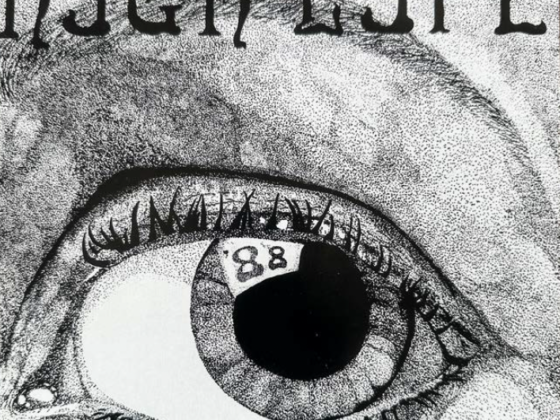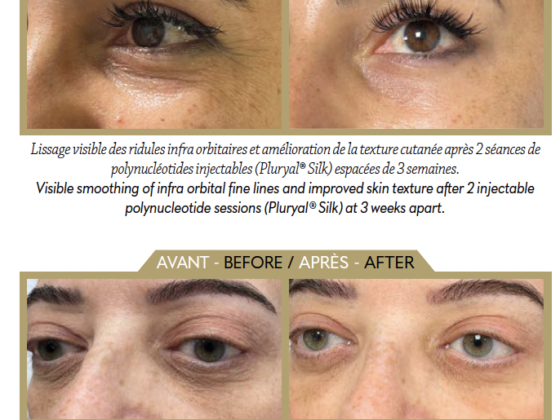I started out in anti-aging medicine when I fell ill around twenty years ago. I had extensive urticaria that nobody was able to diagnose. I was also in the early stages of burnout, which was relatively unheard of at the time and difficult to treat. I talked to a number of doctors and consulted heaps of publications from all over the world to try and find a solution.
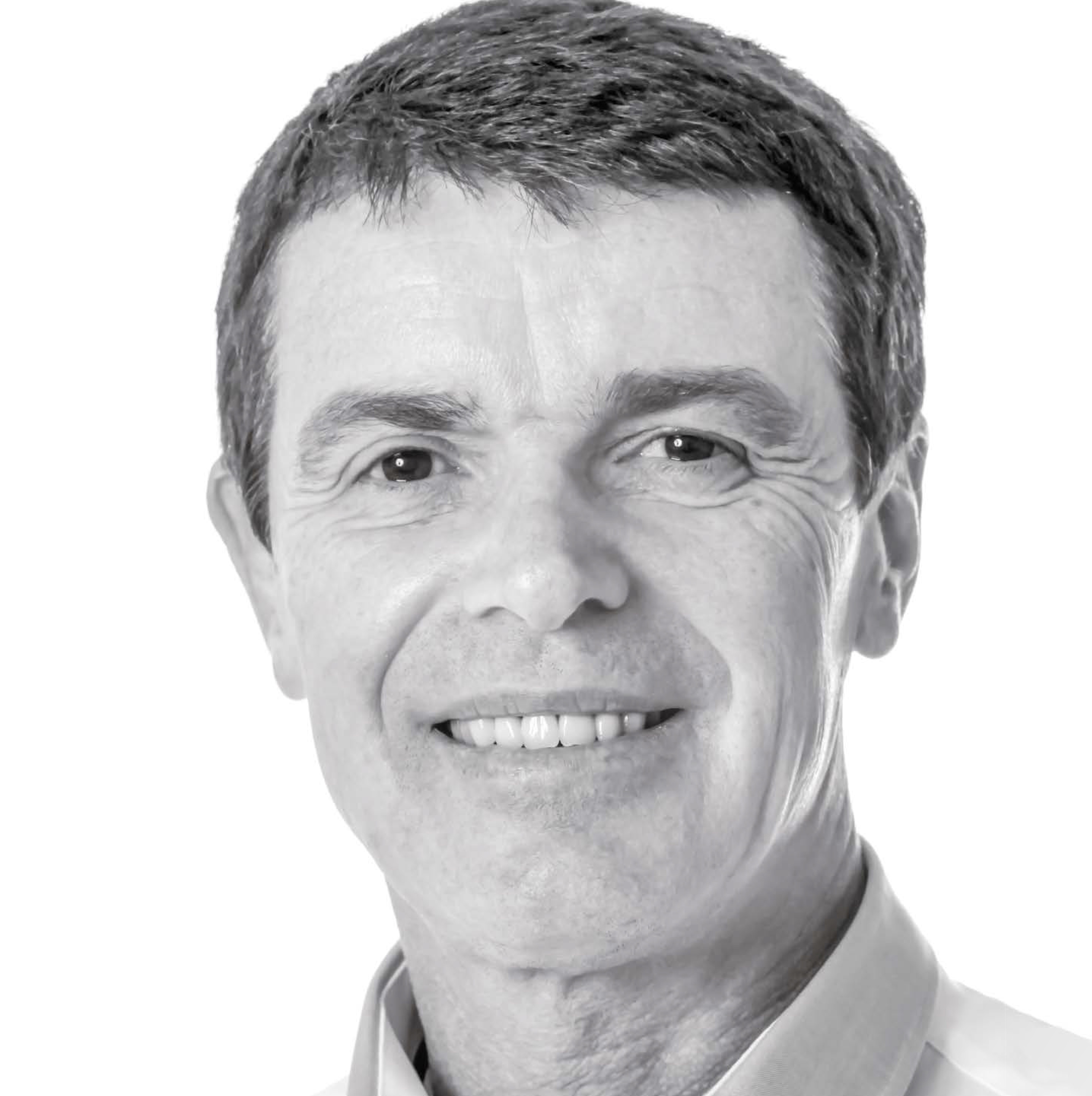
How I started out in anti-aging medicine
I got into anti-aging medicine by finally understanding certain physiological mechanisms that I had not really learnt at university. At the time, I realised that there was a whole part of medicine that was almost “hidden” in the university curriculum. Thankfully, the internet came onto the scene, and I was probably one of the first people to consult PUBMED, a huge database of scientific publications, since I am passionate about physiology.
I learnt a lot about anti-aging on my own as well as at a few early congresses, such as Euromedicom (Informa Healthcare group, who organise the AMWC) which gave us a fantastic platform and contributed to better knowledge and discussion between doctors.
Becoming aware of aging and its mechanisms
I was already aware that the population was getting older and that people were suffering from a number of illnesses connected with aging. The aim of anti-aging medicine is to provide relief for these pathologies, by taking preventative action. People are always going to get older, but what we all want is to reduce our morbidity. We might live over the age of 85, but nobody wants to be sick for the last 15 years of their life… In the past, we managed to cross a line: better hygiene, the introduction of antibiotics and generalised vaccination meant that we gained 10 years of life expectancy every 50 years, which equates to 30 years in total. In countries where people are properly nourished, life expectancy is continuing to increase, but in those whose diet is becoming less healthy – such as France and the United States – it has decreased slightly. Nutrition has a huge impact on life expectancy.
What therapies do we have at our disposal?
At the beginning, we focused mainly on hormone therapy, and Dr Thierry Hertoghe was one of the pioneers in this field. This was the first real turning point in anti-aging me- dicine. Then we realised that hormones are a tool but not the only one. Important markers such as neuroscience, microbiota and genetics came to light. The latter one arrived late, stealthily, but it is making rapid advances and the costs are going down. We are already able to use certain gene panels to detect phenomena of aging with clear therapeutic impacts, particularly in epigenetics. For example, a gene with a harmful polymorphism can be improved by taking vitamins, altering your lifestyle, hormones, etc.
Hormone therapy has also been refined, with proven guidelines and better identified advantages and disadvantages when the treatments are personalised. We can monitor things a lot more closely with specific measuring tools and highly accurate tests. Genetics has also progressed, as has biology. To summarise the current approach: first we carry out a clinical examination, then we put forward classic or more modern biological tools, like homocysteine. We study the microbiota, neurotransmitters, fatty acids, oxidative stress, telomeres, methylation (the impact the therapy has on the cell core). Blood, saliva and urine tests are carried out, and the three together provide us with a huge amount of information. Nevertheless, in France, genetic tests can only be undergone by patients who have a medical prescription. In France, we are rather reticent about performing these tests unless they are prescribed by a doctor, which is quite understandable: patients might worry for nothing or, conversely, not worry even if there is a problem. The law is there for a reason and does not hinder research, though some other countries have taken the plunge. Nevertheless, we are in the post-Darwin era. Even an aesthetic surgeon or doctor indulges in post-humanism and Man carries out his own self-evolution. Note that, from 2022, the WHO will recognise aging as an illness, which means it can be addressed with suitable treatments.
Can we achieve tangible results?
We achieve results in patients who are willing to take part and are prepared to change their behaviour, nutrition and exercise habits. I myself am a witness to this: I have made great progress and am the first to apply the rules that I recommend to my patients. I am a bit like the Benjamin Button of anti-aging, with great responsibility. The day you see me in short trousers, I will know I have won!
Does the future look promising?
Yes! Genetics and monitoring the microbiota and pathologies using artificial intelligence are very promising paths, but the main challenge is understanding the brain. To do this, neuroscience is taking us in new directions. We are paying less and less attention to the body and more to the brain, yet we still have so much to learn: this is THE challenge of the 21st century.
My main motivations?
What thrills me the most are the mechanisms of longevity; there is still so much to discover.
• With regard to the telomeres, for example, we have many detailed analyses at our disposal. They have a proven action on longevity.
• The same goes for methylation tests on the mitochondria. Oxidation largely comes from the mitochondria.
• Vaccination could become an immunity booster but unfortunately its effects subside quickly. When we look back at our evolution, we suffered a great many viral and bacterial infections until 1900. With the progress made in the last 100 years, we have eradicated many infections, but at the same time we have generated autoimmune diseases, cancers and viruses. We have opened doors to the unknown, Covid being a prime example of this. We will continue to suffer other viral pandemics because, though we can control germs, the same cannot be said for viruses. Our lifestyle, climate change and urban living have changed the diseases we suffer.
I am also actively involved in organising congresses, particularly the AMWC, a worldwide event featuring international speakers. It is a laboratory, a huge stage that allows us to see the advances made in every country, such as Japan, where they are always at the cutting edge, as well as southern Europe, where they are making significant headway thanks to their keen understanding of aesthetics and anti-aging.
Do you need to be rich in order to age healthily and beautifully?
Unfortunately yes: the healthiest countries are often the richest. You need money for medicine. You might die at the age you are supposed to die at, but what people want is to be ill for as little time as possible. Mechanically-speaking, we can live up to age 120. Our physiology in terms of our phenotype (genes) does not change. You can shift it, prolong it, but you cannot change the phenotype. For as long as genetics are unable to act upon the genome, we will be unable to exceed the 120-year barrier. We know that immortal algae exist, but their physiology is very simple. Humans are complex creatures as we have not separated our somatic cells from our germinal cells. Because of this, there are no simple solutions!
We recommend the following books written by Dr Claude Dalle:
- Guide pratique de médecine anti-âge – Ed T. Souccar. (2007)
- Jeune à 50 ans. Ed Thierry Souccar. (2009)
- La « Nutrigénétique » Ed. Romart (2011)
- Le « régime de la cinquantaine » Ed Alpen (2012)
- « Votre ticket est toujours valable au delà de 49 ans » 2016. T Souccar ed.
- Guide des analyses médicales. Ed Alpen. 2014.
- Unlocking the human lifespan Ed Aging-for-expert 2020.



